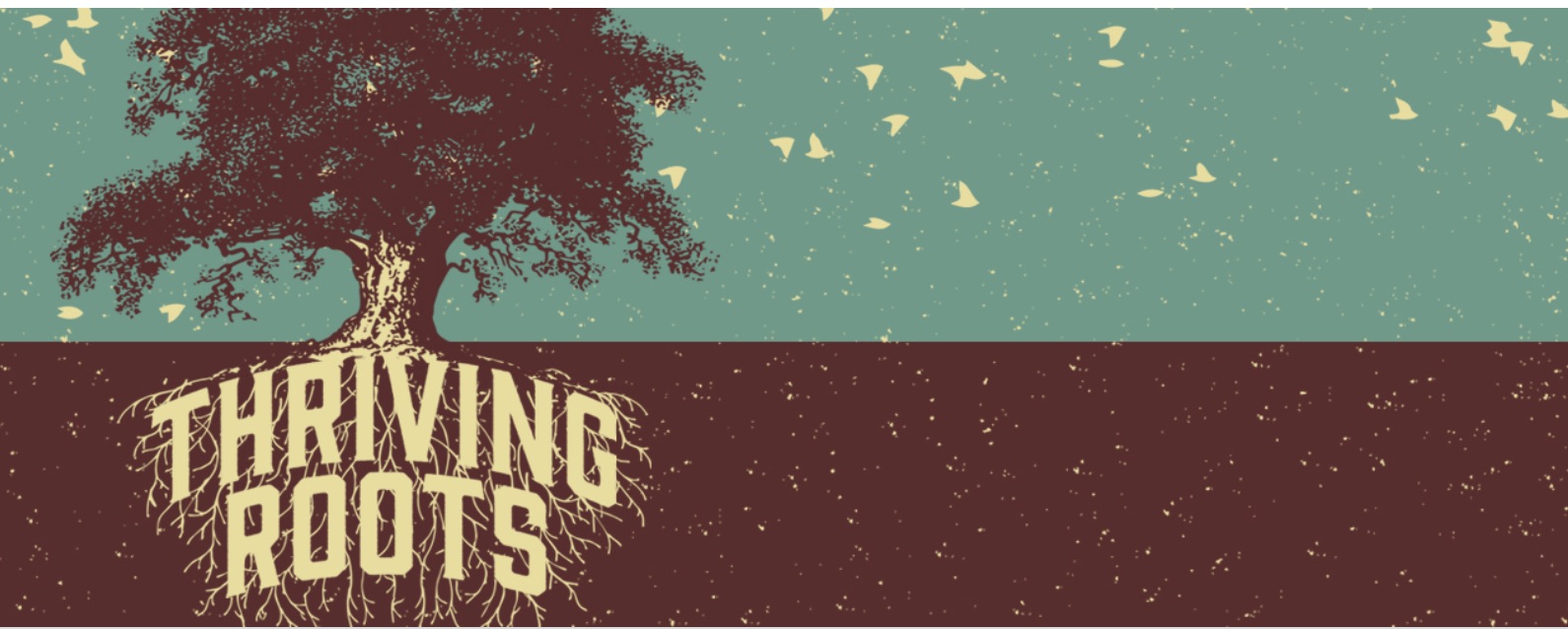

Like the leadership of every other major musical event in the country, the board of the Americana Music Association wanted to devise a replacement experience for the massive week-long occasion of Americanafest. It was quite an undertaking, and while the musical offerings were naturally somewhat fewer than last year’s 500 or so performances, the workshops and conversations they provided were fascinating.
Naturally a lot was lost in the ether; live conversations have been one of the most interesting parts of the meetings, especially with the audience interaction and participation, but they chose some amazing combinations… and it turns out you can still have access after the fact.
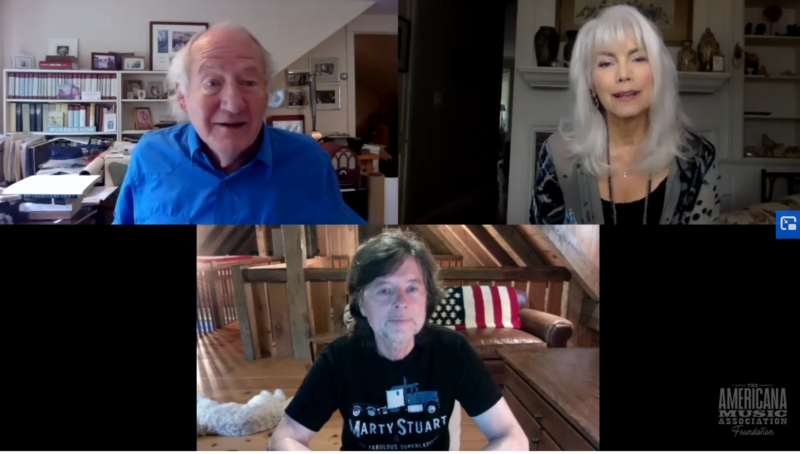
One of my favorites was a look back at Ken Burns’ Country Music documentary, first shown on PBS a year ago. Dayton Duncan, the primary writer, joined Burns and Emmylou Harris in a conversation about the effort. As Duncan noticed, Harris’s career was entwined with the last two episodes. From her early work with Gram Parsons and Merle Haggard to her solo career, playing with Ricky Skaggs and Rodney Crowell and many others, Duncan calls her a transformative artist. He quotes Johnny Cash as saying, “Every once in a while, country music needs to get back to Emmylou Harris.” There were fascinating discussions about Marty Stuart, the changes in country music through the years, and what direction the music might head in the future.
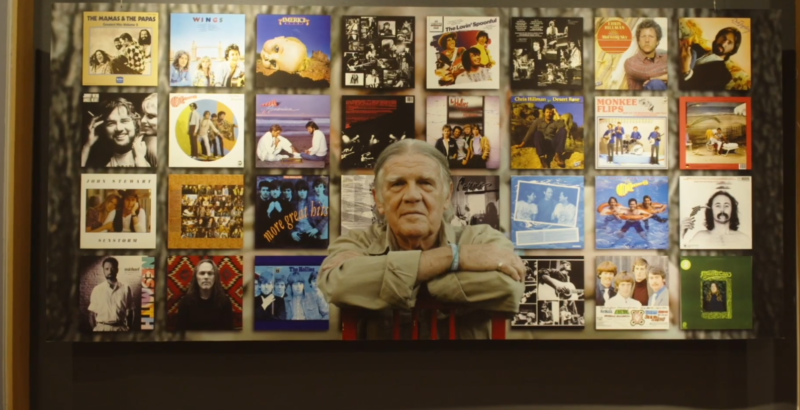
As a photographer, I was entranced by a session done by Henry Diltz, probably the most famous chronicler of American popular music since the 1960s. The number of album covers shot by Diltz is remarkable, from Lovin’ Spoonful, the Monkees, the Mamas and the Papas, and James Taylor to Crosby, Stills and Nash, the Eagles, the Hollies, Wings, America, and the Doors… and the list goes on. He showed tons of informal shots, especially of the Laurel Canyon artists (CSN, Joni Mitchell, Cass Elliot) because he lived in their neighborhood. An absolutely amazing collection of photographs and discussions about how and when they were made.

A fascinating discussion about expanding roots music beyond boundaries was a highlight, featuring two artists who have walked the walk. Sierra Hull played Carnegie Hall at the age of 12 and was asked to participate in a TED talk recently, playing one of her songs about beauty in adversity during the pandemic. Béla Fleck has won 15 Grammys and taken the banjo to places that were never previously imagined. Béla produced Sierra’s recent album, and much of the discussion had to do with the philosophy of performance and recording styles. A wonderful collaboration.
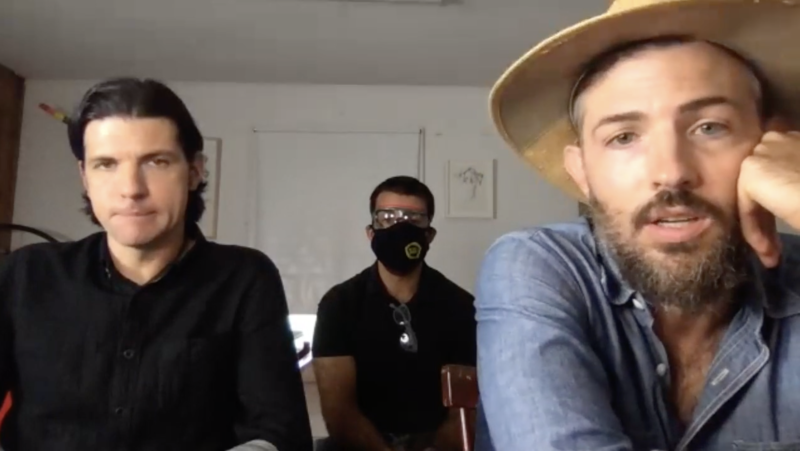
Director Judd Apatow (The 40-Year Old Virgin, Knocked Up, and current release The King of Staten Island) had a conversation with the Avett Brothers; Apatow directed an acclaimed documentary about them, May It Last: A Portrait of The Avett Brothers. It was an interesting discussion that started slow but covered the intersection of film and music and also the challenges facing current-day performers, especially as business intersects with art.

Roseanne Cash hosted a session entitled “Love and Vigilance” which included discussions and performances by Cash, Bonnie Raitt and Ry Cooder and conversations with Angela Davis and Alice Randall. The session was focused on the history of protest music, the challenges faced by early black musicians, and the current climate.

Two amazing talents, Brandi Carlile and Yola, got together for a talk about the myth of “overnight success,” tokenism, social structures in the U.K. and Canada, and the damage the pandemic has caused to the music industry. A great discussion. Carlile: “What people don’t understand is the reality: when we get pictures taken, we’re given clothes we have to give back; the labels give us cars we’ll have to pay back for later. And then you’re going back home with the jumper cables you might need, and you’re living a normal life. You’re just starting to earn a living. Coronavirus hits and all of sudden people think we’re like Kardashians. But we don’t know how to be the way we are perceived. It’s important for people to understand what it took to get here and, actually, what being here really is, as opposed to the way we make it look like it is.”
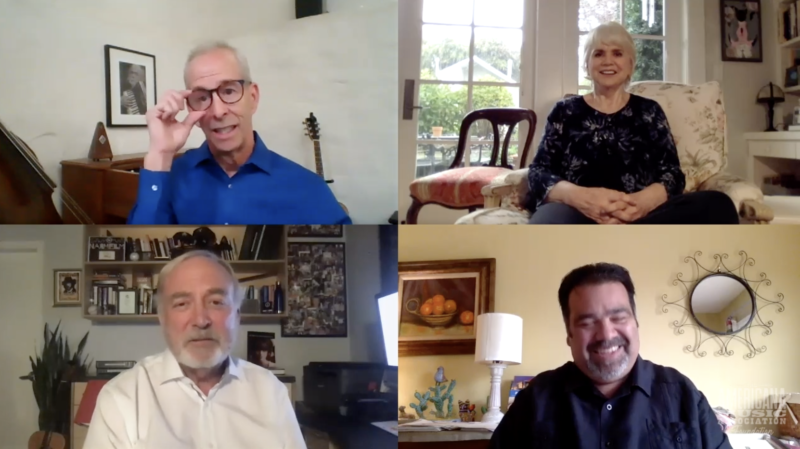
Another of my favorites was a session about Linda and the Mockingbirds, a new documentary film that included a screening. It’s the story of Linda Ronstadt’s trip to her grandfather’s hometown in Mexico, accompanied by Jackson Browne and the Mexican song-and-dance group Los Cenzontles. It’s a movie about Mexican culture but also about immigration. Ronstadt, James Keach, the film’s producer and director, and one of the members of the Mexican band contributed to the discussion. Very moving and well done.
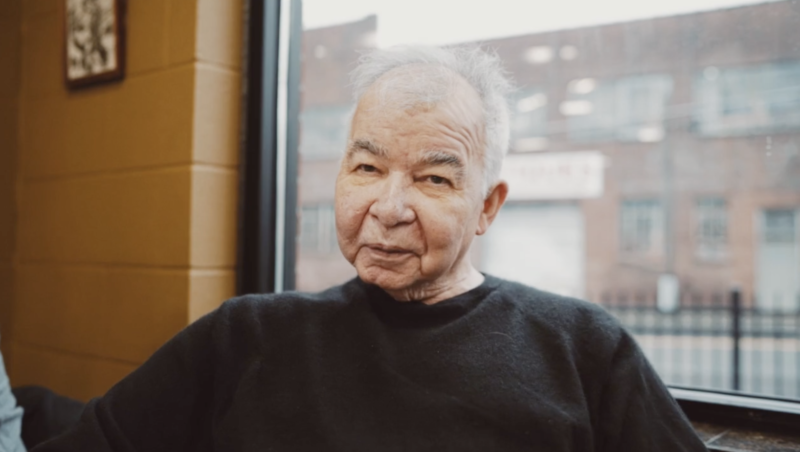
Photo: Americana Music Foundation
John Prine’s record company, Oh Boy Records, did a tribute with clips of Prine and songs performed by artists on his label, including Kelsey Waldon.
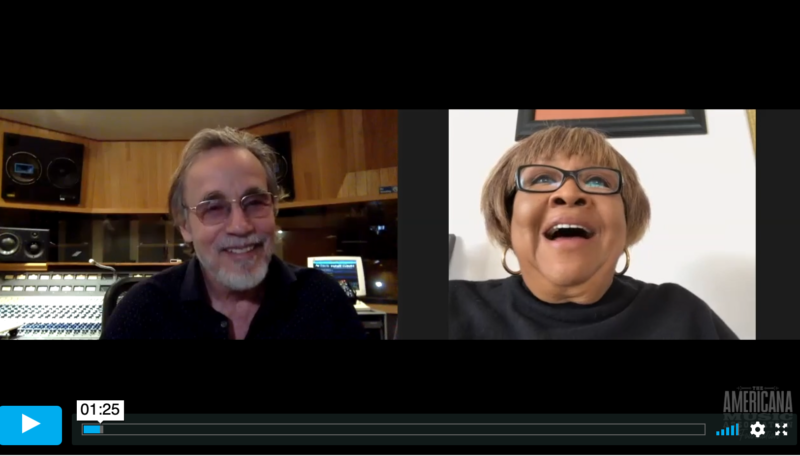
Two legendary entertainers provided a great discussion; Jackson Browne interviewed Mavis Staples about her career highlights, covering recording sessions at Muscle Shoals, travels to Africa, and the civil rights album she recorded with Ry Cooder.
Some other interesting sessions included two members of the Lumineers talking with M. Knight Shyamalan, music by the Mavericks, a songwriting discussion with Mary Gauthier, Chris Thile and Sarah Jarosz with John Leventhal, Music and Politics: Folk the Vote with Woody Guthrie Center director Deana McCloud and Ani DiFranco, and many others. In addition, there were multiple musical interludes each of the three days, featuring a variety of Americana artists, including Bonnie Raitt, Lori McKenna, Kelsey Waldon, Courtney Marie Andrews and many more.
And if these sessions sound like something you would really like to experience, much to my surprise, it turns out that the uploaded videos will be available for a year, so you can still register and have access to all, plus many others I haven’t mentioned. If you’re interested, simply click the link below.








